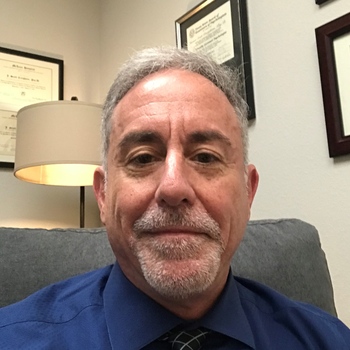Listen, understand, act, and transform
The most important factor in successful counseling is a strong therapeutic relationship between client and therapist. This relationship is based on trust, respect, privacy, and empathy. When clients feel safe and supported, they are more likely to open up and share the thoughts and feelings that are getting in their way. This allows the therapist to help the client better understand their struggle and change their perceptions and gradually their behaviors.
I use an integrative approach in counseling, drawing on various theoretical models tailored to each client's needs. Some of the evidence-based interventions might include:
a) Focusing on your strengths and potential, while emphasizing the importance of self-awareness and personal growth.
b) Focusing on the relationship between your thoughts, feelings, and behaviors, to help you identify and challenge thinking patterns and work to develop more adaptive coping skills.
c) Viewing you as part of a larger system - family and community - to help you understand how your behavior is influenced by others (past and present) and affects you and your reactions to them, working to develop more effective ways of relating.
d) Find ways to increase your motivation to change by exploring your reasons for wanting to change, potential interferences, and then develop an intention for change.
e) Making use of your conscious and unconscious experiences, learning to better understand how your past experiences affect your current behaviors, sometimes making if very hard to change.
f) I integrate mediation and psychotherapy when conducting Adult Family Therapy meetings. Adult family therapy is a form of psychotherapy that involves working with adult members of a family to address and resolve conflicts, improve communication and help address some of the emotional challenges within the family unit.
g) I used Gottman therapy techniques for relationship and personal counseling interventions to help couples and families improve their communication, resolve solvable conflicts and rework perpetual conflicts, and strengthen the fondness, appreciation, and positive aspects of the relationship.
h) As a SYMBIS Facilitator, I also work with couples early in their engaged/marital relationship to discuss and consider relative struggles between them, and more common obstacles in marital relationships.
In my experience, everyone has the potential to change and I am committed to helping clients reach their higher potential.

James Scott Creighton, Psy.D.
Psychologist - Mediator - Arbitrator
